Most of us are alert while filling fuel at a petrol station, eyes on the meter, ears tuned to the clicks. We see the meter set to zero and assume all is well. Yet, despite our attentiveness, fuel fraud remains alarmingly common. Even after confirming the meter starts from zero, many customers unknowingly fall victim to deceptive practices.
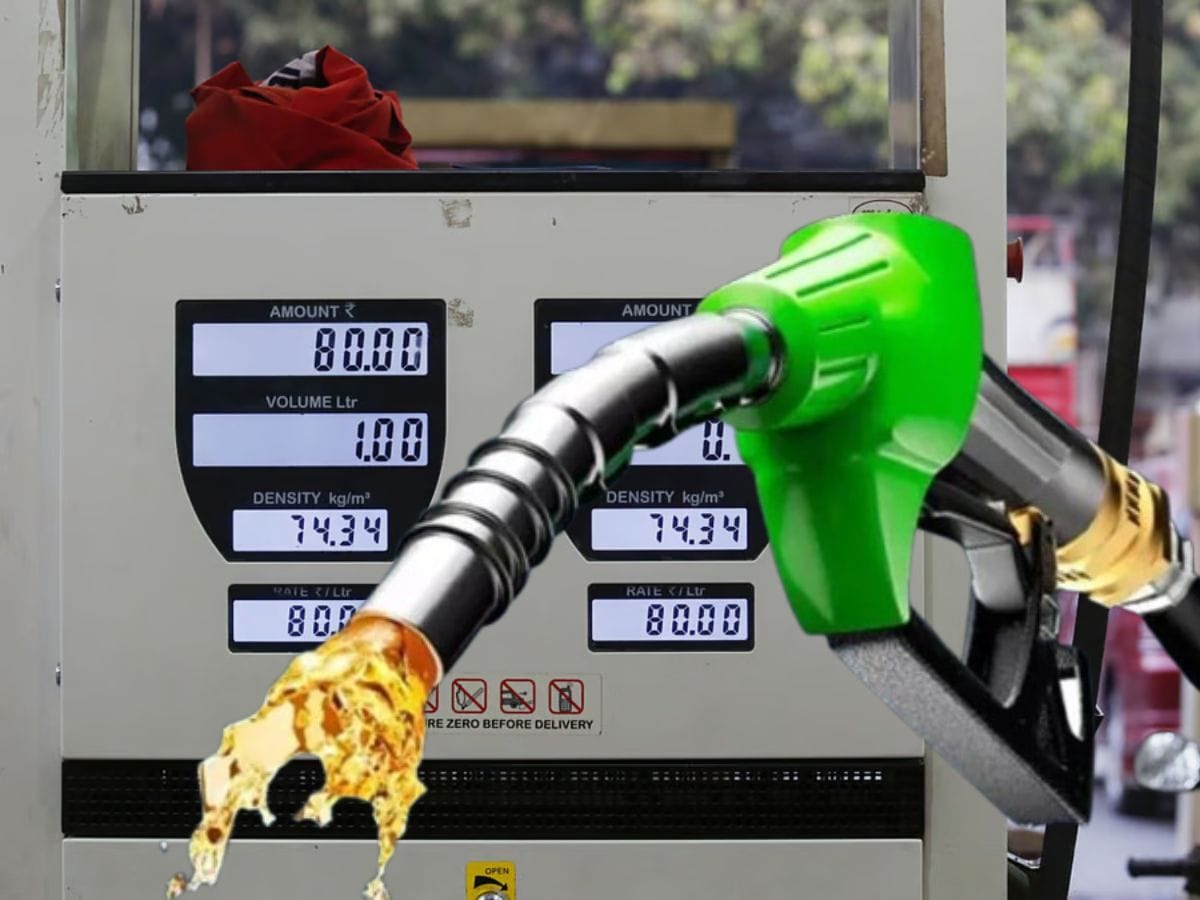
Whether you’re filling petrol or diesel, fraud can happen regardless of the number of litres you request or the amount of money you hand over. But there are simple precautions you can take to avoid being cheated.
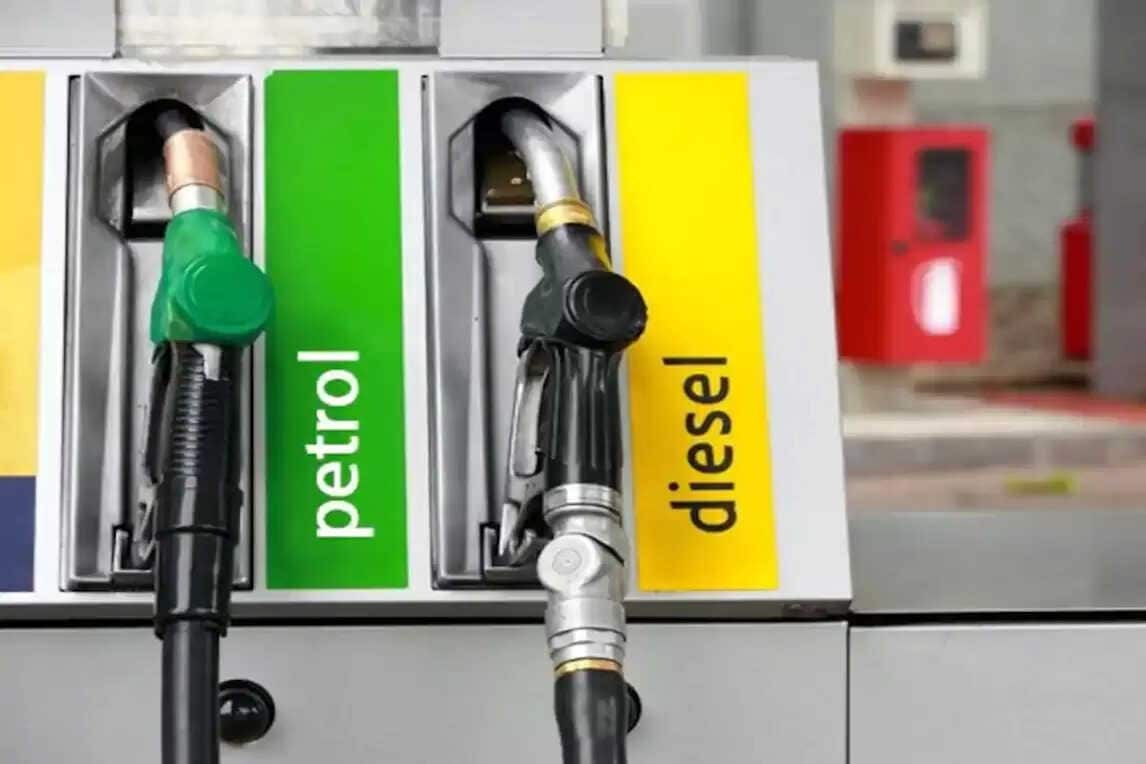
One of the first tips to avoid fraud is to avoid filling fuel for round figure amounts, such as Rs 100, Rs 200, or Rs 500. Many customers opt to pay using these common denominations, but some petrol pump operators allegedly manipulate machines based on these figures.
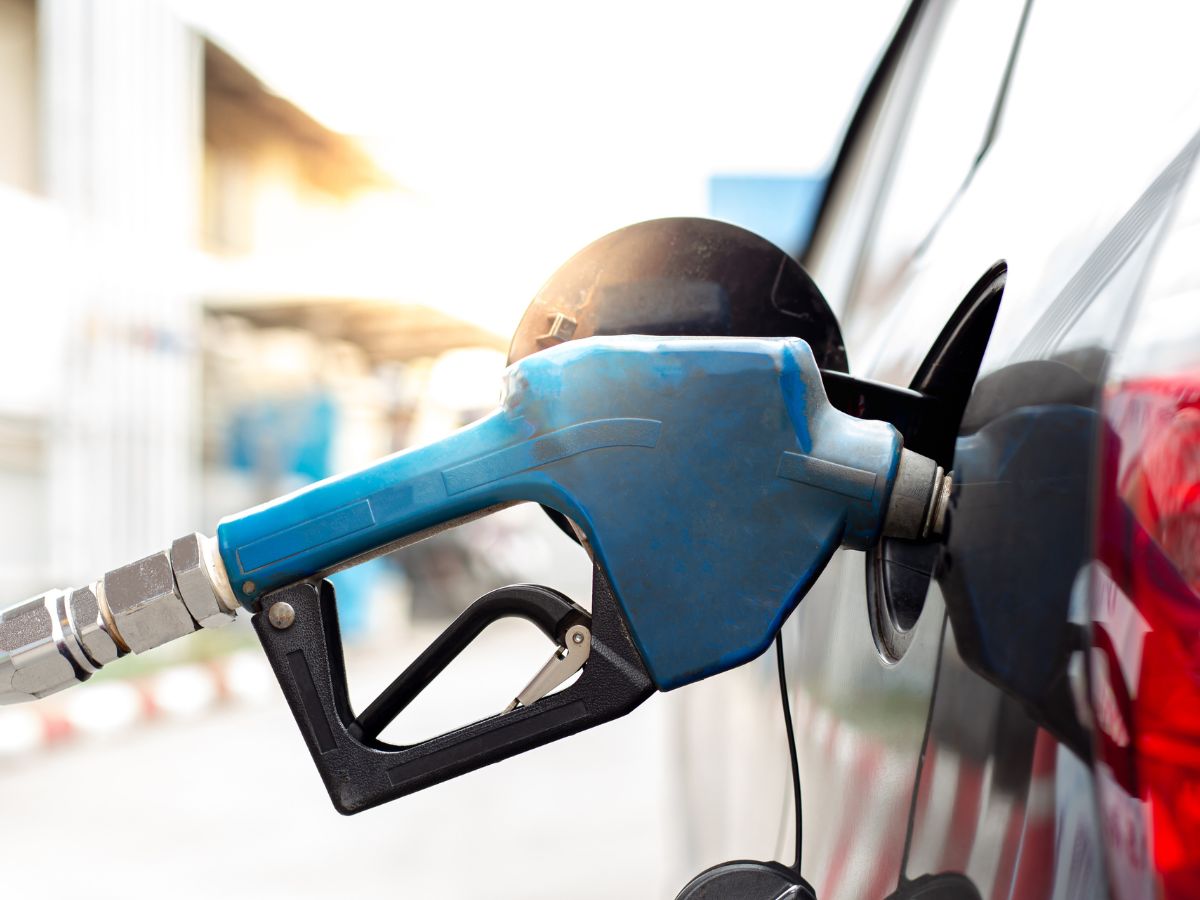
In such cases, the machine may be set to deliver slightly less fuel than you’re paying for, without you noticing the difference. That’s why it’s safer to ask for fuel in litres rather than rupees. For instance, instead of saying, “Rs 200 petrol,” try saying, “Please fill 5 litres.” This reduces the risk of manipulation.
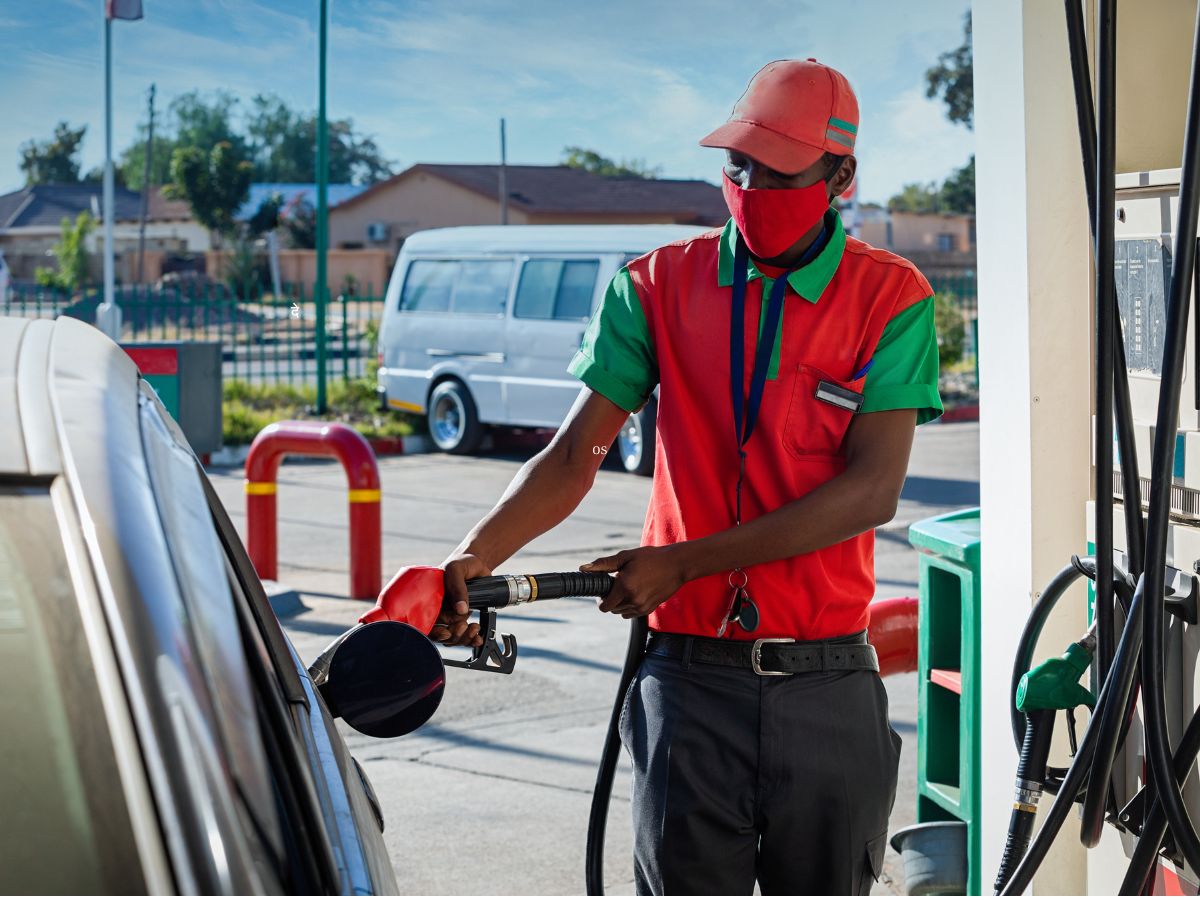
Another key point: always choose petrol pumps with digital meters. Older machines are not only more prone to errors but can also be tampered with. When using older machines, there is a higher chance you may receive less fuel than what you paid for, especially if the machines haven’t been properly calibrated or maintained.
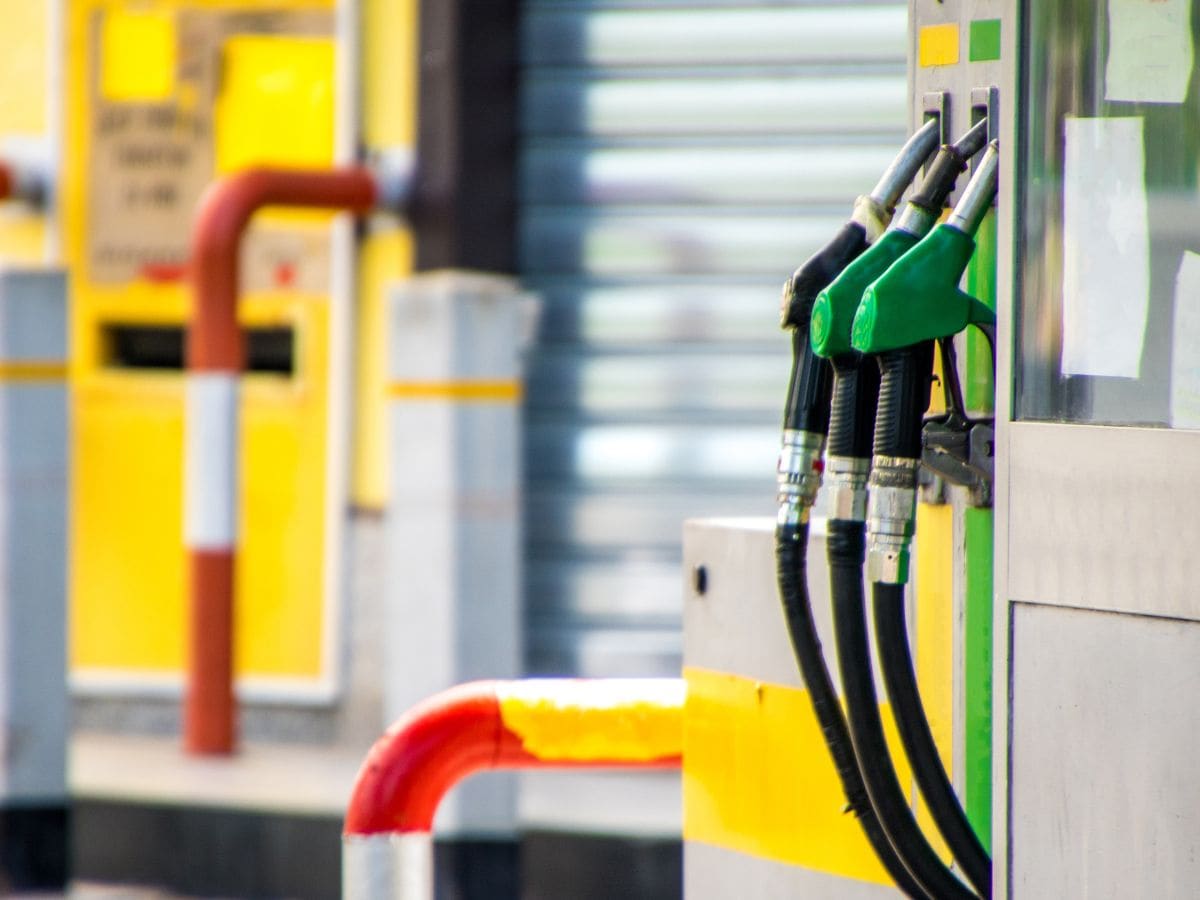
While at the pump, insist that the machine is reset to zero before fuelling begins. Don’t rely solely on verbal confirmation. Visibly check the meter yourself before the attendant starts.
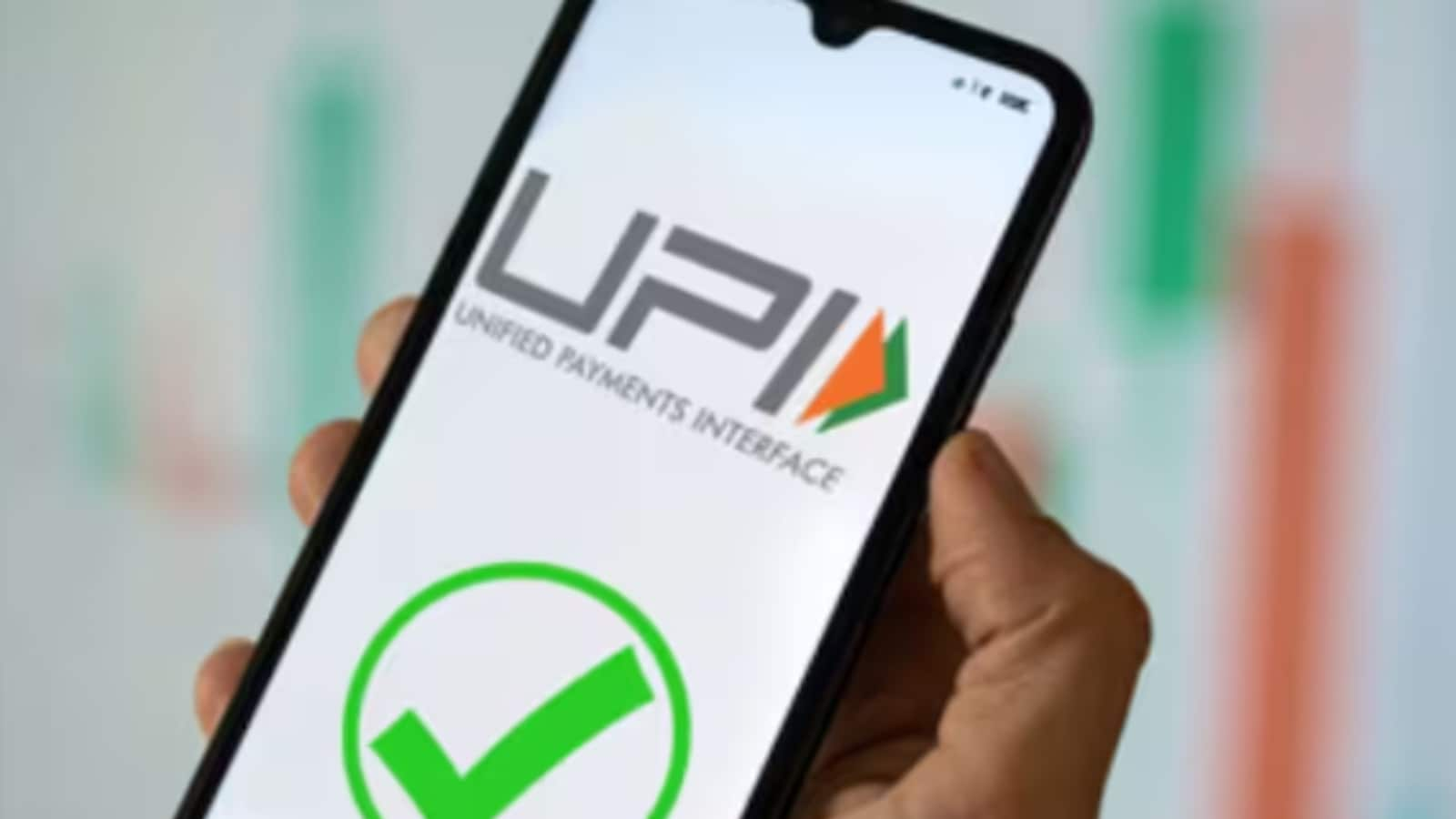
If you don’t have exact change, it’s better to pay via UPI or card. This allows for more precise transactions and a clear digital trail, which can be useful if there’s ever a dispute.
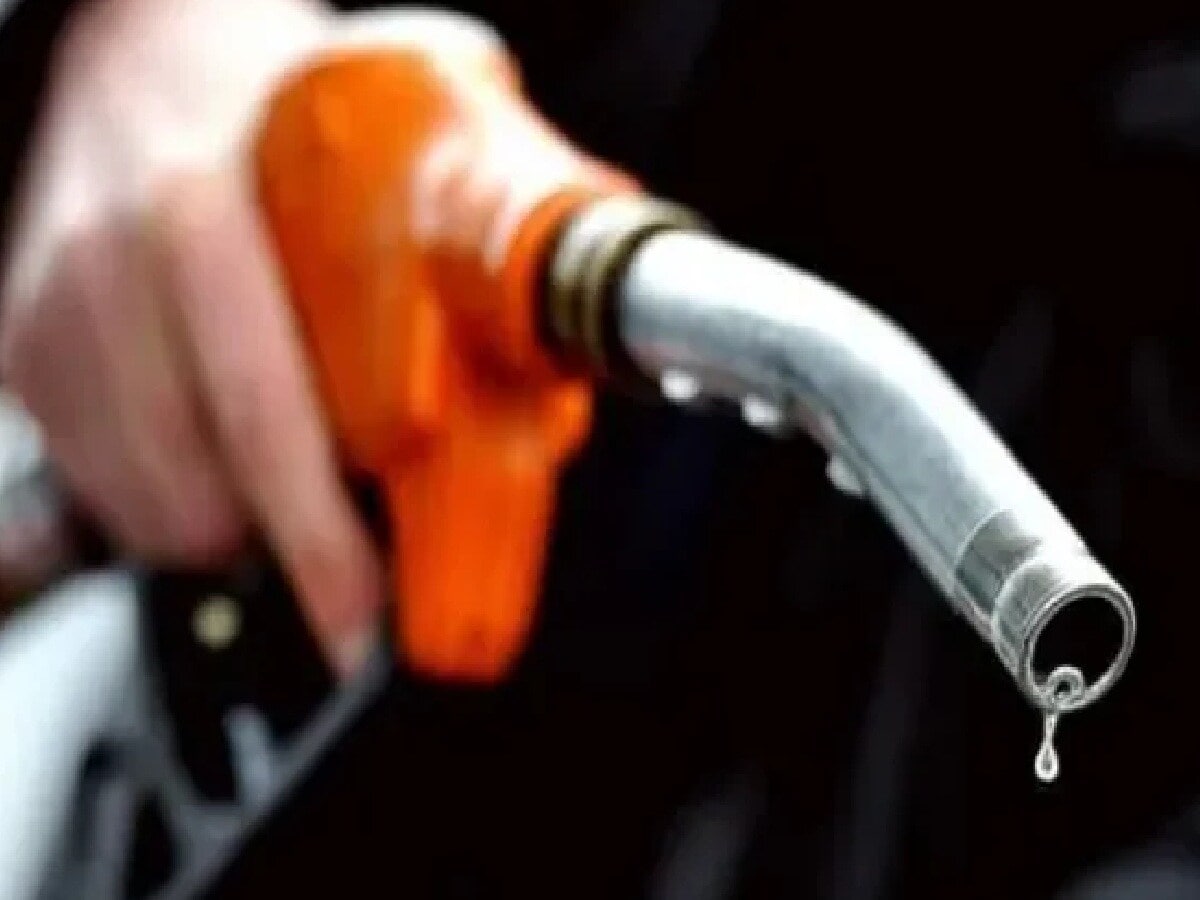
To be fair, not every petrol station engages in these practices, and many operate with integrity. However, several stations have faced complaints and even legal action for shortchanging customers. So while trust is good, a bit of smart caution goes a long way.






